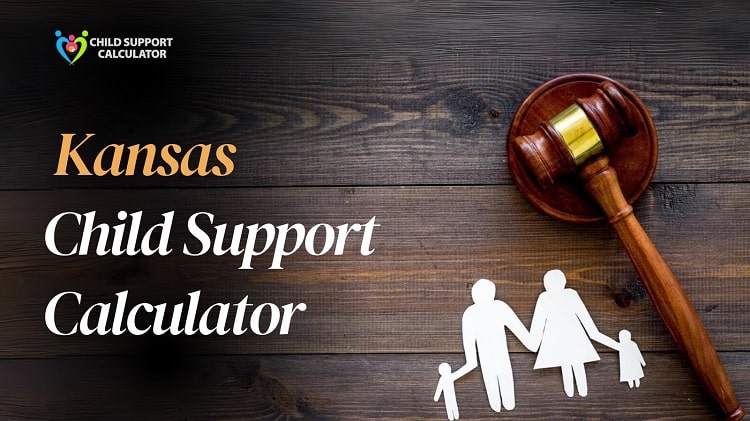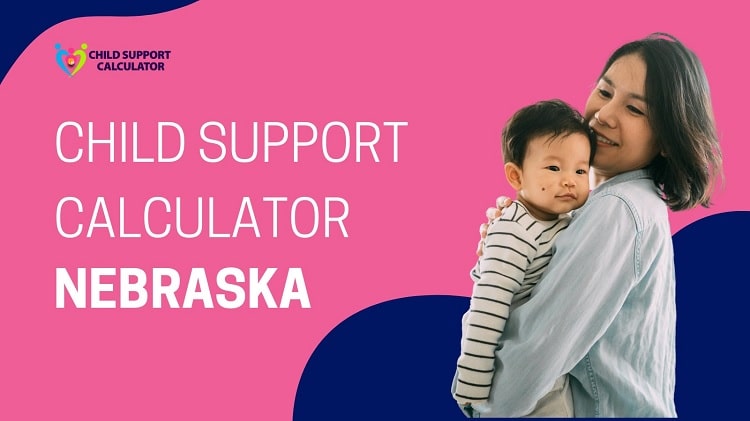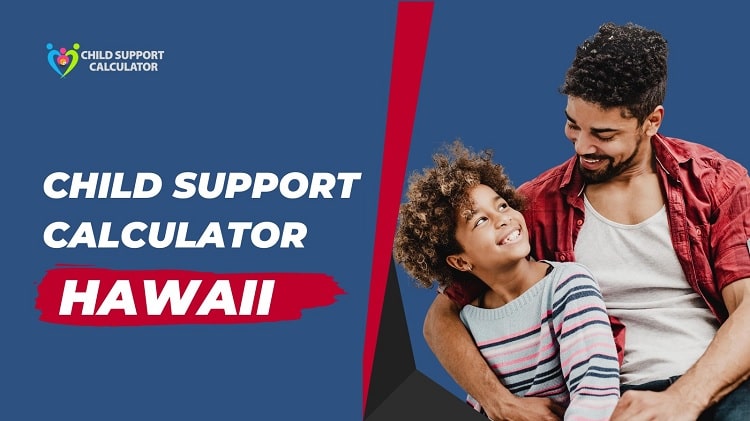Kansas Child Support Calculator | Guidelines – 2024
Kansas calculates child support payments using the “income share” system, which ensures that both custodial and non-custodial parents contribute to their child’s upkeep.

If a child’s parents share custody, the Kansas court that determines child support may depart from the standard formula to account for this. Childcare fees are one of the several exceptional conditions covered by Kansas’ child support legislation. These expenses might be in addition to the basic child support order in Kansas.
How Child Support Is Calculated In Kansas
In Kansas, both parents have a responsibility to help their children. Although a court may order one or both parents to pay child support, it is generally the parent with primary residential custody—the parent who spends the least time with the child(ren)—who pays it.
The parent with primary residential custody of the kid—who is also the child’s primary caregiver—is also responsible for child support, however, the law expects this parent to spend the proper amount directly on the child. Kid support is normally paid until the child is 18 years old, or maybe 19 if the child is still in high school. Parents may also opt to pay over a longer time period.
The Kansas child support standards, which are based largely on the kid’s financial requirements and the parents’ finances, can be used to determine a basic amount of child support.
Other financial considerations, such as the cost of the child’s health insurance and schooling, might have an influence on the amount of support provided. If it is in the child’s best interests, a court can reduce or increase child support. Administrative Order 307, for example, modified Kansas’ child support requirements in January 2020.
Kansas Child Support Guidelines
To utilize the recommendations, you must first establish the adjusted gross earnings of both parents. To do so, you’ll need to gather information on both parents’ earnings for the previous three years. For the purposes of child support, income includes all earned and unearned income over the course of a calendar year, regardless of whether it is taxable.
Salary, earnings, commissions, overtime pay, and even bonuses all contribute to a parent’s income. Royalties, tips, rentals, dividends, severance compensation, and military pensions are all included.
Even though you are unemployed, you are still regarded as having a source of income for child support. Furthermore, suppose a parent without primary residential custody willingly works less or not at all without a compelling cause. In that case, a court or state agency may impute (assign) income to that parent. As a result, a judge has the authority to enhance a parent’s child support obligation.
Once you know both parents’ gross incomes, you may subtract them to get their adjusted incomes. Deductions include spousal support in Arkansas, union dues, and state and federal income taxes, among other things.
Challenging the Amount of Child Support
Even while a court must infer that the child support amount computed by the guidelines is acceptable, you can still petition the judge to adjust it. The parent who requests a variance from the child support standards must show that the change is in their child’s best interests. However, the court has the last word on whether or not payments should be increased or decreased.
Income tax concerns, a child’s unique requirements or unusual costs, and the parents’ general financial situation are typical reasons for altering assistance. Remember that even seemingly little causes may warrant a change if they would benefit or enhance your child’s well-being.
Collecting Child Support in Kansas
Once a judge has issued a child support order, the obligor parent (the parent required to pay support) must follow the court’s instructions. A court may frequently leave the method of payment open-ended in order, but in this digital age, paying child support is simple. Cash, cheque, direct deposit, transfer, money order, or payment applications like Venmo or Zelle can all be used to pay child support.
Modifying the Amount
Once a child support order is in place, you can seek the court to alter the payments, which means you can ask the court to raise or lower the amount. If either parent has had a major change in circumstances that results in an increase or decrease in income of 10% or more, you can request an adjustment at any time. This is more likely to occur when a parent quits a job (or gains a new, higher-paying one), moves, or has a new baby.
You can also seek a revision once your kid reaches the age of six and then again when they reach the age of twelve. This is the case because Kansas support rules compute assistance differently depending on a child’s age group.
Even if you don’t ask for a modification in your child support order, the Kansas Department of Child Support Services will review it every four years. If either parent’s income or the criteria have changed, this agency can alter child support payments.
Why do I need to compute the % of the time the child is with each parent?
Child Support Guidelines provide a modification in child support for a parent who has custody of the child/ren for more than 35% of the time.
- This estimation is needed if the child spends more than 35 percent of the time with the non-residential parent.
- To be eligible for the adjustment, you must spend more than 39 hours per week with the non-custodial parent.
How does having shared custody of the child affect child support in Kansas?
In circumstances when the custody agreement allows for joint or shared custody of a child between both parents, all states provide a mechanism of adjusting the amount of child support payable.
According to Kansas law, a shared custody arrangement can be used by the court supervising the child support order as a reason for a deviation from the state’s normal child support calculations.
This implies that if the non-custodial parent spends parenting time with the custodial parent, the judge may lower the amount of child support due to the non-custodial parent’s resource expenditures during their time with the kid.
Faqs
How does child support in Kansas treat extraordinary medical costs?
Unlike other states, Kansas’ child support standards include no exceptions for extreme medical expenses. When calculating child support, the cost of medical treatment is combined with other expenditures of providing for the child.
How are child support payments taxed in Kansas?
According to IRS standards, child support recipients are not required to pay federal tax on their payments, and child support payers are not permitted to deduct their payments. This contrasts with the federal taxation of alimony payments, which the receiver treats as taxable income and the payor deducts. The tax treatment of child support in Kansas may vary.







